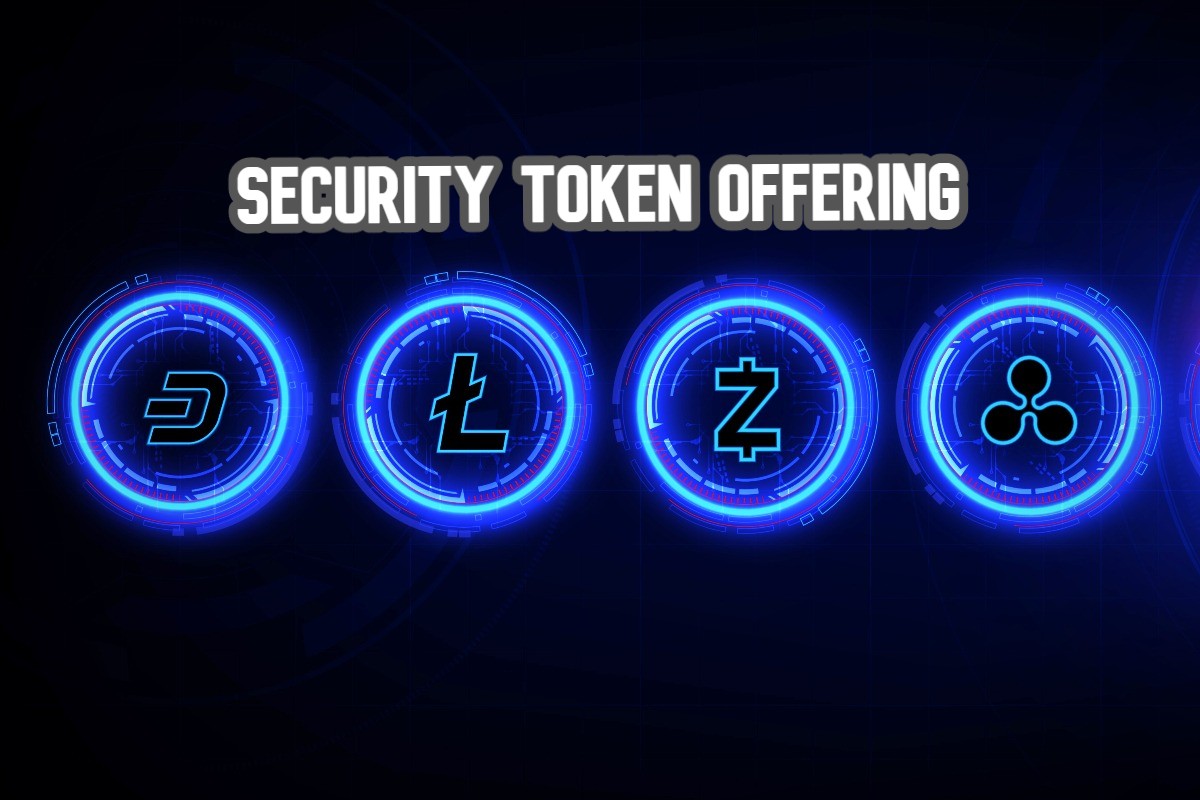Initial Coin Offerings (ICOs) were the financial superstars of 2017. Coin offerings generated a whopping US$6 billion in worldwide startup capital throughout 2017. However, is estimated 80% of them were scams. Enter 2018, and the Security Token Offering was created. Although STO is a beautiful adaptation of ICO and IPO, it has not yet proved its credibility to investors. It will take time, but eventually, STO will soon become common investment tool and receive appreciation. To prepare for the coming of STO, we have to understand it thoroughly.
STO = ICO + Juridical Compliance
To put it simply, a security is an economic instrument representing an actual asset. Stocks, bonds and managed property trusts are examples of securities. Traditionally, when a security is purchased, the operation is done the old-fashioned way, on paper. A security token performs equally in functionality. The difference lies upon its confirmed ownership through blockchain transactions. Security tokens offer a number of financial rights to investors such as equity, profit dividends, income shares, vote casting, and access to many other investment mechanisms.
What do investors need to know regarding security tokens?
Security tokens are not cryptocurrencies or tokens related to unregulated ICOs.
Security tokens are digitized conventional securities. Should you already invest in securities (stocks, bonds, real estate, Private Equity, VC, etc.), then you might be accustomed to what holding a security means. For example, a security token would transform stock certificates into a digital version of them. Tradable 24/7 and with no geographic frontiers.
Compliance is programmed into the token.
Security tokens are made out of many smart contracts. A smart contract is a simple program designed to execute once a specified criterion is automatically satisfied. Smart contracts also determine how the token can be purchased, traded and sold in a compliant fashion, and since they are blockchain based, the transactions are immutable, traceable, and fully transparent. The whole process is known as whitelisting, in a way that makes the ownership of the Security Token more secure than other kinds of tokens.
More Liquidity
The global liquidity is probably the security tokens’ most valuable trait. Security tokens have the capacity to symbolize fractional ownership of an asset and can be traded on global security token exchanges, two things that are practically impossible for conventional securities. The onboarding process and the easier way to acquire foreign investors, make the security tokens the holy grail of the traditional financial market.
They’re a decisive feature-rich replacement for traditional securities.
Within the traditional securities markets, deal execution is, for the most part, annihilated due to the number of middlemen involved. Trading is restricted to a tiny number of players. Traditional securities are managed by ways of a combo of spreadsheets, paper certificates, lawyers, custodians, accountants and transfer retailers which cost a lot of time and money, not mentioning the probability of human error. However, because security tokens are digitized, much of these processes become unnecessary, making the security token more accurate and effective.
Enhanced trust
All operations related to a security token (issuance, trading, purchasing, selling, and so on) are listed on the blockchain, which is viewed as a “trustless” procedure since blockchains are immutable and public in nature. There is no need for trust between parties when performing a transaction via security tokens. Mathematics takes care of that.
What makes an STO so beneficial for businesses?
- Global capital access
- New methods to market products and services
- Better conditions
- Low entry costs for investors
- Costs hundreds of times cheaper for the issuers
- Possibilities that go beyond the scope of the traditional security
With the unstoppable progress of technology, especially the blockchain technology and the emergence of decentralized finance, we can expect the replacement of traditional securities for security tokens to become common very soon. In fact, we have already witnessed the tokenization of capital, firms, and property. With new up and coming online security token exchanges and marketplaces, as well as a vast variety of tokens to be traded with compliance to regulations on a global scale, the possibilities for investors are unlike anything that has ever existed.
DIPO is a practical example of utilizing security tokens for the goal of creating frictionless, diverse global finance. DIPO is developed by LiveTrade to help enterprises to raise their necessary capital by tokenizing their stocks and listing them on cryptocurrency exchanges. This service will be a DeFi bridge, connecting investors and small and medium-sized businesses (SMBs) together better than ever..




